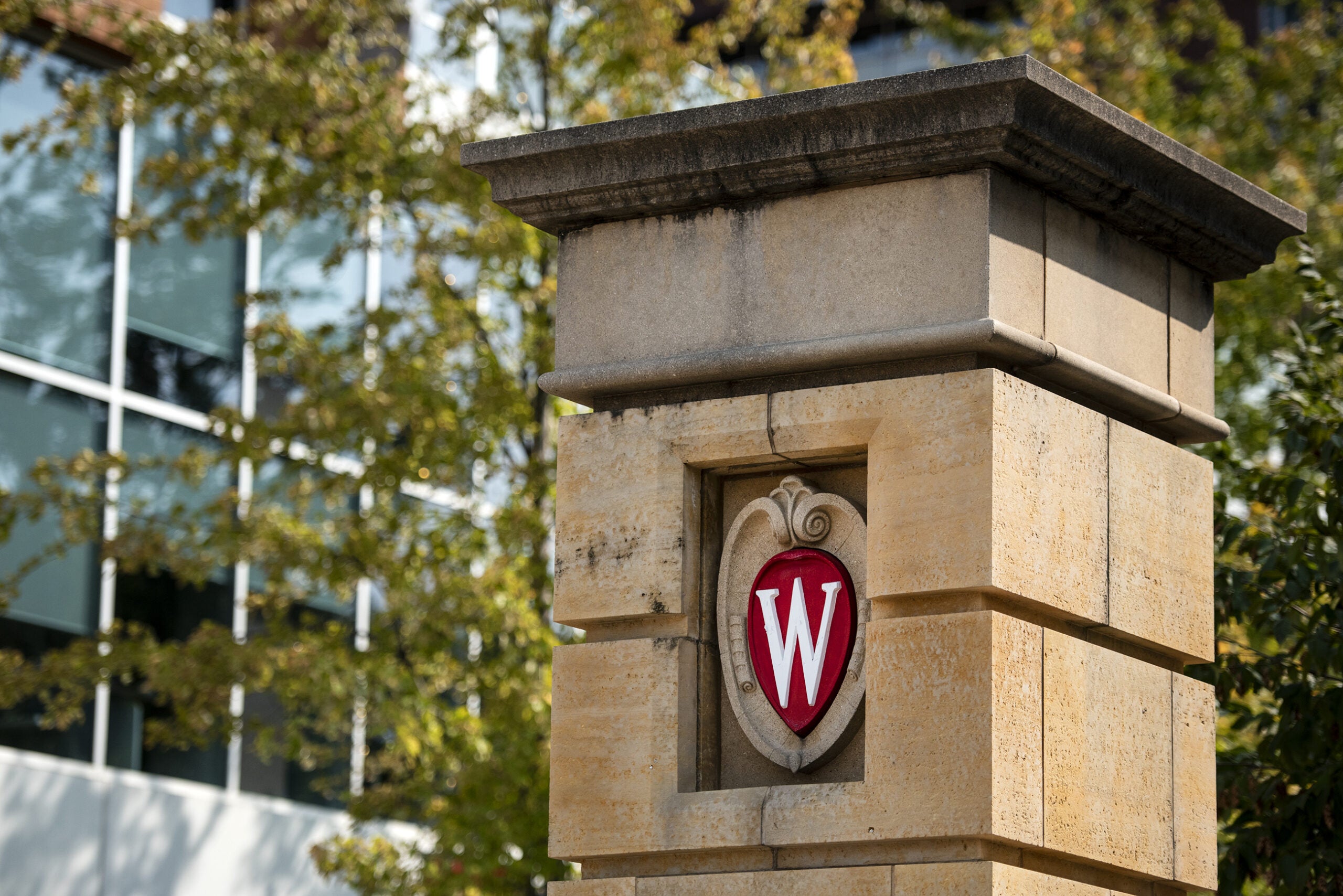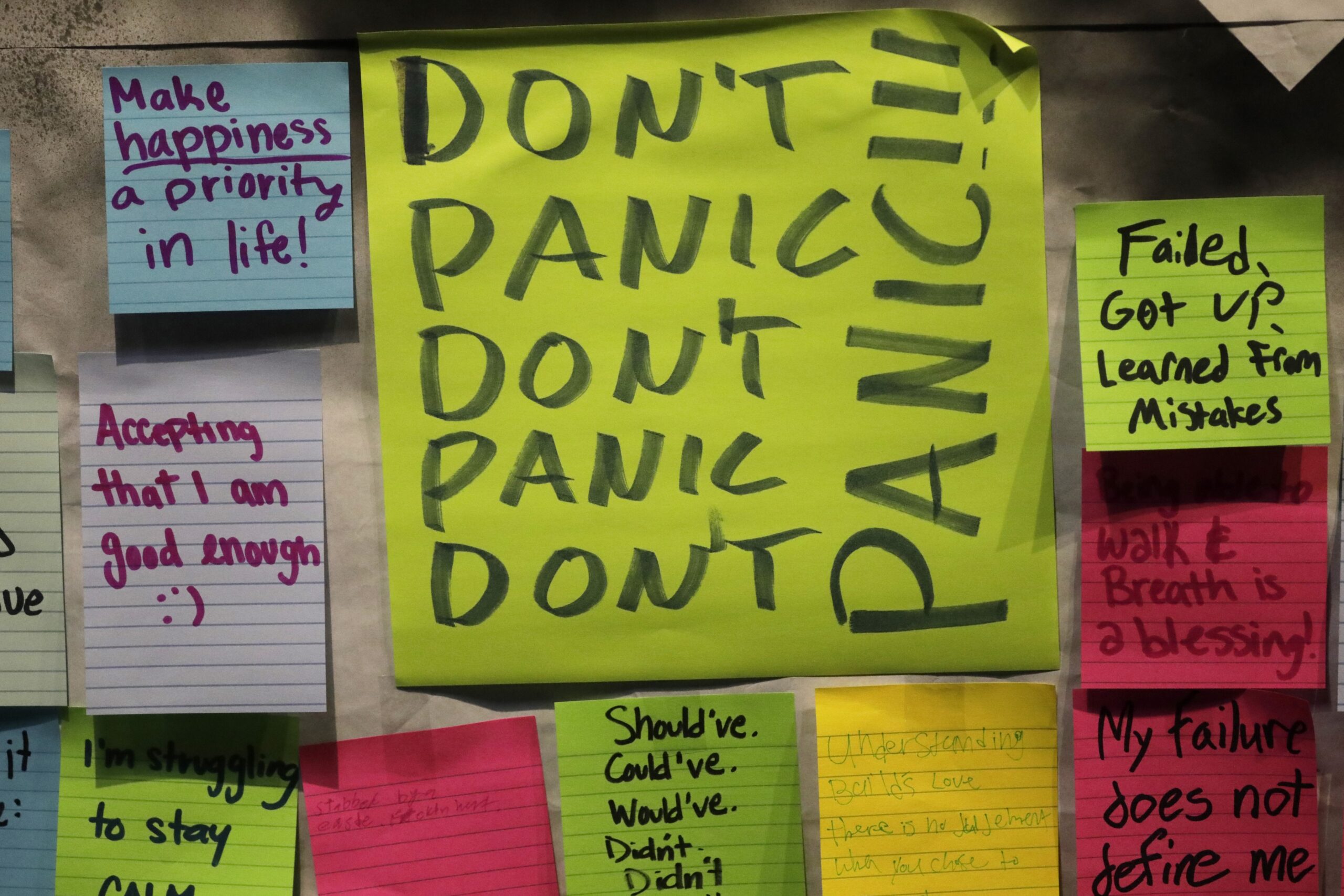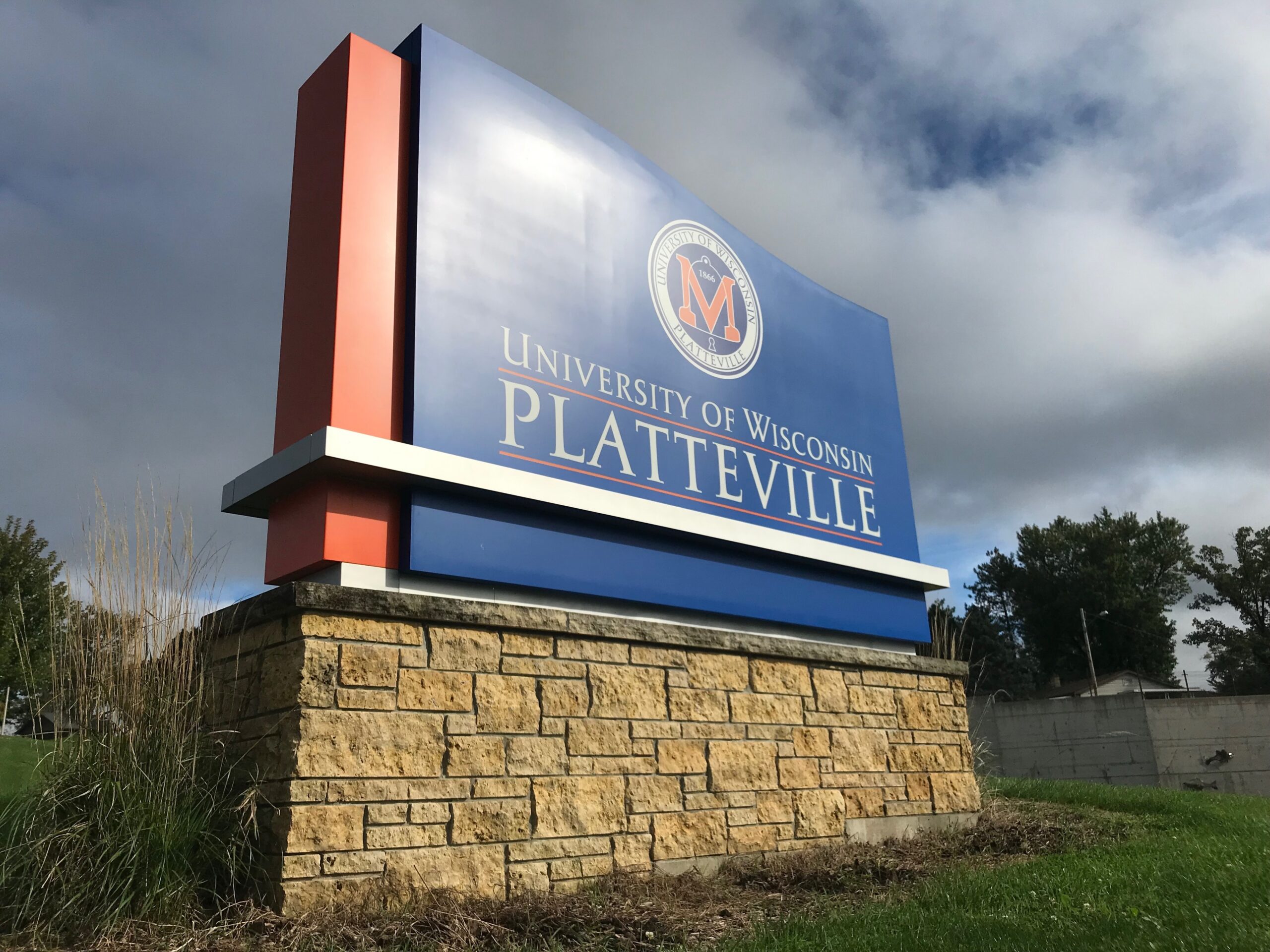A conservative Wisconsin law firm accused the University of Wisconsin-Madison of racial discrimination following an announcement of new mental health coordinators who would “exclusively serve students of color.” Now, an attorney with the firm says they’re giving the university “the benefit of the doubt” after it changed the wording of the near month-old press release about the hires.
On Wednesday, the Wisconsin Institute for Law and Liberty sent a letter to UW-Madison Chancellor Rebecca Blank and UW System interim President Tommy Thompson criticizing a Sep. 9 press release from the campus announcing nine new mental health counselors. The letter included a screenshot of the initial announcement, which mentioned three of the counselors would “exclusively serve students of color, joining eight providers already in this role.”
In the letter, WILL deputy counsel Dan Lennington demanded a revision to what it described as a university policy.
News with a little more humanity
WPR’s “Wisconsin Today” newsletter keeps you connected to the state you love without feeling overwhelmed. No paywall. No agenda. No corporate filter.
“Put another way, for the same reason that UW could not hire mental health professionals to serve exclusively white students, UW cannot hire mental health professionals to ‘exclusively serve students of color,’ as your press release touts.”
By the time the letter was sent Wednesday morning, UW-Madison’s press release about the nine new mental health counselors had already been revised. On Tuesday, the university changed the wording to say “Three of these providers join eight current providers who have special expertise addressing issues that students of color often experience.”
Lennington said sending the letter was an important and appropriate way to “hash this out with UW outside of court, because perhaps we might have misunderstood what they were saying.”
Still, Lennington said it seemed clear that the university said it was providing some medical services “exclusively to one race over another race.”
A statement sent to WPR by UW-Madison spokesperson Meredith McGlone said campus mental health providers “are not assigned based on a student’s race nor are they limited in which students they serve based on race.”
She said the campus updated the Sept. 9 announcement to make that more clear.
“Research shows that students from minority backgrounds on college campuses often experience unique stresses,” said McGlone. “Research also shows that clients are more satisfied with counseling when it is provided by a counselor who is culturally responsive.”
Lennington said the law firm isn’t objecting to the idea that certain doctors and mental health experts may have cultural expertise in some areas. He said WILL plans to monitor the situation. In particular, Lennington said they haven’t yet reviewed job descriptions of the new counselors to see if they’re “reserved exclusively based on race.”
“But we’ll give them the benefit of the doubt, and I applaud them for abandoning this notion of that race discrimination is ever appropriate in medicine or outside of medicine,” Lennington said.
WILL has an extensive history of filing lawsuits on behalf of conservative causes, including over issues of race in higher education.
On Sept. 27, the UW System released its third-annual “Counseling Impact Assessment Report.” It showed that students of color and students with disabilities have been growing as a proportion of students seeking college mental health counseling. During the 2020-21 school year, 15 percent of student visits to counseling centers were by students of color.
Overall, the percentage of counseling visits dropped by 7.5 percent during the school year compared to sustained increases noted in the previous two academic years. The report suggests the decrease is believed to be related to “access issues” when most college classes went online due to the COVID-19 pandemic.
Editor’s note: WPR is a service of UW-Madison and the Educational Communications Board.
Wisconsin Public Radio, © Copyright 2026, Board of Regents of the University of Wisconsin System and Wisconsin Educational Communications Board.






